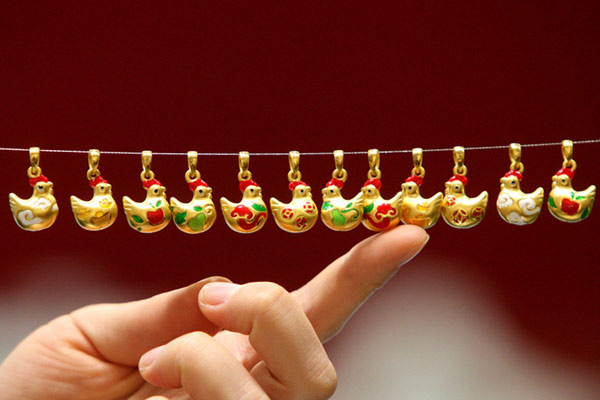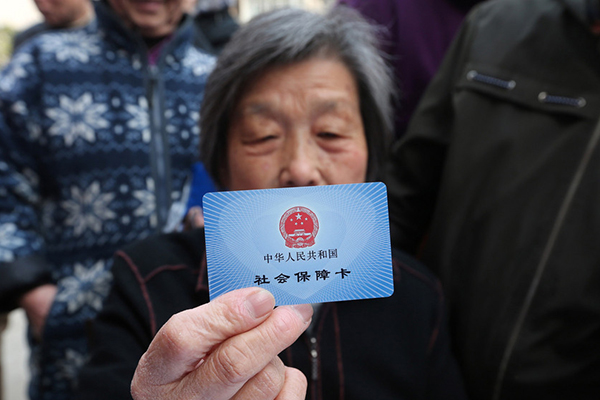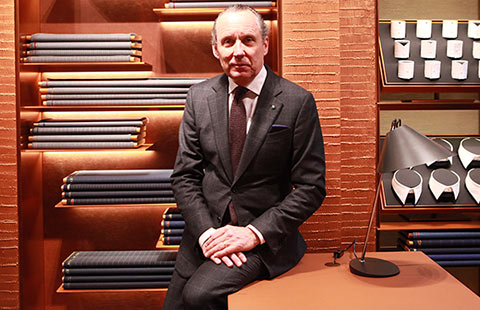Experts: Lower barriers for foreign auto companies to make domestic firms competitive
China needs to further loosen entry barriers for foreign auto companies amid ever-increasing challenges posed by possible trade protectionism, experts said.
"Opening up policies would motivate domestic companies to upgrade at the time when overprotection would not help facilitate healthy development of the auto industry," said Zhang Jianping, director of the research center for regional economic cooperation under the Ministry of Commerce, speaking at Guoshi Forum held in Beijing earlier last week.
Zhang said it now becomes urgent for domestic auto producers to catch up with foreign companies, because there will be greater challenges for Chinese companies aiming to increase their presence in foreign market, considering president-elect Donald Trump plans to make US-China trade agreements more stringent, and EU and the US' reluctance to treat China as a "market economy" under WTO.
Zhang said past entry threshold for foreign companies worked well to facilitate development of local producers, where foreign automakers were allowed to enter China only through forming joint ventures with state-owned Chinese partners, with foreign ownership limited to 50 percent.
Domestic car production increased from less than 10 million of output per year 15 year ago to more than 20 million a year with both protective and opening up measures, according to Zhang.
"But there are risks behind the government's retaining control to auto industry," said Zhang, noting that car production of domestic companies has never exceeded 40 percent.
"Chinese domestic companies lack motivation to upgrade with government's support and protection," said Zhang, adding that "lowering the threshold for foreign companies would push domestic auto makers to catch up."
Echoing his remarks, Guo Tianyong, a finance researcher at the Central University of Finance and Economics, said that gradually reducing tariffs for foreign auto companies has provided time for domestic brand to learn from foreign experience in the past a few years.
"China has entered a phase when only an environment for fair competition would help boost development of the auto industry," said Guo.
Earlier this month, the National Development and Reform Commission and the Ministry of Commerce co-released guidelines to further open up the segments of batteries of new energy vehicles and automotive electronics to foreign investment, as part of efforts to level the playing field in the world's largest auto market.























